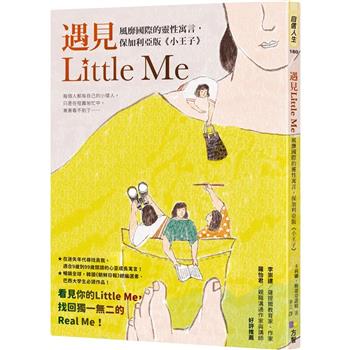Some two decades after it was due to arrive, a box showed up at Beth Kephart’s house. Handmade ornaments were tucked inside. So was a genealogical tree and a two-page biography of the deeply-loved and steadfastly mysterious grandmother who had died when Kephart was nine.
Those two pages sent Kephart on an odyssey of research and conjuring that culminated in the making of Tomorrow Will Bring Sunday’s News, Kephart’s fortieth book and debut novel for adults. Cinematic and suspenseful, the novel takes the reader to 1918 Philadelphia, a city of war and racism, women’s rights and women’s work, the ferocious paralysis of a bloody race riot, and a flu that will prove to be more deadly than the war. It features sixteen-year old Peggy Finley, one of many siblings in a crowded home. Smart, Peggy has ambitions. In love, she has a future. But when the draft sweeps through the city and ensnares the boy she loves, when her best friend, a German American, is assaulted for the crime of being herself, when there is simply not enough to go around, Peggy takes on employment as a doffer at the brand-new Fleisher yarn factory, entering a community of other spirited young women determined to make a difference in a world beyond their control.
Tomorrow paints an in-depth portrait of a very particular time and place while considering matters that are exceedingly relevant today. Ultimately, it asks this question: How do the stories we imagine become the truths we won’t forget?

 看圖書介紹
看圖書介紹









